Jordan: Hello and welcome everybody. I'm here today with Ryan from Ion Capital Solutions. We were just having a nice chat before we started here. Um, he's in beautiful Myrtle Beach in South Carolina from New York originally. But Ryan, I'm excited to talk with you and I would love to hear if you could just give us some introduction, your background and what brought you to where you are with ION right now.
Ryan: Yeah, absolutely. Thanks for having me, Jordan. I appreciate it and hey, everybody watching. Um, yeah. Um, I am in the alternative lending space. I have been here for quite some time, almost 11 years now. I own a business loan brokerage, a loan broker training program. I'm also a partner in a direct lending merchant cash advance firm, and I dabble in the real estate investment world on the finance side as well.
Sometimes jv, a lot of time it's mostly leverage, but at the end of the days. I'm doing a lot of different things. Right. I started out actually in television advertising. It just changed. The industry changed towards really more of an inventory based platform and less of, you know, in-person sales and that kind of thing.
As we evolve in this digital world we're now living in, and so I shifted into a new marketplace. Place and that was lending. Didn't really know much about it, invested more time into learning about it. I was interested, but I didn't want to be a low level guy, so I took the low level job to get in the ground floor and learn it from the ground up.
But I worked hard and quickly worked my way up the ranks, not just from a guy in a cubicle pounding the phone, pushing, you know, alternative funding products, but then moving towards team leader, even whip on the floor, managing the calling center, really understanding the dialogue on the calls. The documents we were collecting for various products based on what the applicant's qualifying for, understanding that process and the close there, which is getting the docs in right, whatever else.
And then learning more about the back office side of things. Uh, I became a qualifier and eventually an underwriter in the back, or I should say, excuse me, a processor and then an underwriter. In the back office to really understand what was on these financials that we were collecting. How are we determining eligibility and affordability and positioning offers?
At that point, I was, uh, much better suited for actual sales selling the offers. 'cause if you don't understand both sides, you're not gonna be able to sell it. A lot of people that dabble in this industry with that experience just. Don't understand that aspect of it. So they're kind of like, you know, here's my offer.
You want it. And that's about it. They don't really understand it. And so, you know, a business owner wants you to understand their positioning, understand the deal, understand the pain, the wants, the needs, the expectation. And you know, at the end of the day, they're buying you, they're not buying the product.
Right. And so in any, in any event, I did that, I bounced around, I, I learned everything there was to learn even. Got management roles and positions and manage the syndication network where the money came from. I learned about the marketing and the leads and feeling the feeding, the calling centers, and that was it.
I quit. I was done. I wanted to build my own shop. And in trying to do that, I realized really quick, geez, I'm not a trust fund kid. I don't have all this money to. Buy, buy a brick and mortar space and hire people and start my own thing. You know, I can't do that. I, you know, what am I gonna do? I know I'm gonna build my own business online.
Mm-hmm. So I ended up going online and trying to, uh, uh, figure out how to build my own brokerage. I came across all these different coaching programs and doing that. I saw a lot of these programs that were people that were trying to learn the business, but didn't really understand the business, had no experience working in it.
Very green and the coaching programs that were coaching or training weren't really training people. They were just sort of, Hey, this is a website solution. This is a CRM solution. This is a where you can buy leads. You know, they were affiliate marketing, they were pushing links, right? Mm-hmm. Saying, here's a couple of lenders you can sign up with and if you sign up and you fund a deal through them, I'm gonna get a piece of the action.
There was no learning really going on. It was really just more of, you know, taking advantage of traffic, which, hey. Marketers, you guys are very smart people. You're doing an excellent job of hurting traffic and monetizing, and that's excellent. I have no problem with that, but that's what it was. So I saw, um, an opening.
You know, I, I, I saw, okay, there are people that wanna learn this business but don't have the experience and they have access to people who teach you how to facilitate business, but don't know the business itself. I know what I'm gonna do. I'm gonna build my brokerage, it's gonna be online. I'm also gonna have a loan broker training program, teach people how the business actually functions and works on top of them.
Teaching them how to actually set it up and run it at extreme low cost and basically be the program of substance out there that really shows people how to actually function in the marketplace, not just buy a solution and. Good luck. You're on your own. And yeah, in turn we get a lot of deal flow and that's what we do.
You know, we've been in operational a little over six years now, all day, every day, just working with students, clients, lenders, working on deals. We're focusing on the general business funding marketplace, uh, the real estate investment marketplace, over 150 lenders in our network, more than 65 unique funding products.
And we're doing everything, you know, and, and our students are, uh, they're leveraging our experience and our knowhow. Achieving results and earning money while they learn. Um, the trade off is they learn the business. You know, for us, we're making money. You know, it's a win-win. And that's how we do things.
Jordan: We're in this space, right? We're in this alternative finance space and we talk to a lot of people, funders, brokers, people running these fintechs. Every we stop of the way. We haven't ever talked to someone like you. It's like, Hey, I'm gonna take this unique aspect. And it's cool that you say, Hey, these people are teaching people how to run businesses.
They didn't really know the business and you just talked about all your experience, how you had done like pretty much everything, soups to nuts and you able to teach those people there. It's like the best type of business, right? It's like a mutually beneficial, you're helping them get their brokerage started to be brokers.
Meanwhile, you get a chance to also learn more and then like you said, access to some deal flow in there as well. So it's kind of win-win, it sounds like probably close to your first business. I mean, there's some crappy stuff that happens at the beginning when you're starting this. What was like the worst part when you first started like, Hey, I think I can make this work.
Sure, yeah. What was like the worst part there?
Ryan: Absolutely. So I do think my, my experience is, is unique in that I worked in the industry so I understood the business. So going in the difficulty for me was understanding how to get it set up, but from an operational standpoint, mm-hmm. I already knew what I was doing.
So I think for other people it's kind of a reverse. It's, they set themselves up, but then they start trying to function. They're like, oh my God, I, I don't know how to operate. I don't understand what the client's asking. I don't understand how to articulate what the lender's offering. I don't know what happens next.
Everything's a surprise to me. What documents are being asked? Or all of a sudden there's a change in the deal or something's wrong and I don't see it coming. That's probably the biggest pain point for people that don't understand the business. I think that's a lot more common than what my experience was.
My problems were as simple as, you know, okay, I set up my website, I gotta set up my DNS records, I want to build forms into the website. I wanna sync it up with my CRM. You know, little things like that that were just. Matter of bringing someone in from Upwork or Fiverr or something to help me, you know, unlock the door to something I couldn't already do myself.
Right. Um, so it was different. It was different for me, but that's really the pain. I mean, one of the things that I, and this is by the way, you know, I, I, I see your channel and your podcast, and I know you, you talk to lots of lenders and I can confidently say, and if any of them are watching the left, when I say this.
That the bane of any lender's existence is an iso, an independent sales organization that's referring deals and has no clue what they're doing. Mm-hmm. It, because think about it from the lender's perspective, they are processing a file and spending money and time and people on that. And if you're just throwing crap at the wall and hoping that it sticks, you're literally burning their resources.
It's a very frustrating thing. So lenders like me, because I'm actually taking people that are just kind of flying around blind in the marketplace and really showing them how to look at a deal, how to structure a deal, how to understand affordability, calculate affordability, assess risks, spot fraud, understand the role of assets in a secured loan, weighing debt versus.
Actual revenue, you know, understanding wires and transfers. And people don't really look at this. They just get three months bank statements and application fired over to the lender. Mm-hmm. And, and they think, oh, it's easy. And all the lender's got a technology where they could just click a button, it'll examine and spit out an offer.
Yeah, that costs money. Yeah. And when you have hundreds of submissions a day, it adds up. It costs a lot of money, you know? So I would say that's probably the biggest pain point overall for everybody, you know, and especially for the borrower. The borrower is so frustrated. There's a lack of trust in this marketplace because there's so many brokers out there who don't know what they're doing, and they're sharing misinformation with borrowers, and they don't trust anyone because they're either getting bait and switched.
They're just getting LED blindly. Right? And so by the time they arrive at the end, they're frustrated and they have a bad taste in their mouth and word spreads. Mm-hmm. So I try and teach people these things and help them get ahead of challenges and obstacles like this and humble themselves and be willing to.
Be honest about who they are and what their experience is and leverage the experience of people who've just been through it. We're not rocket scientists over here. We've just done it so many times that we have experience. That's really all that separates Anybody else from success is repetition, you know, consistency.
That's what success is. And so our students are able to leverage that with us, get us on the phone, get us looking at the file, get us working with the lender. It's a better experience for the client. Better experience for the lender, better experience, obviously for the student. Everybody makes money or borrows money.
Everybody's happy, you know, and, and, uh, you can't always make everybody happy. Not every time. Not every deal is a win, but at least this way we're operating within the bounds of reality. And people understand a clear pathway. No one's walking away confused, you know? And so I'd say that's really the biggest pain point and really what we try and service and focus on, and it's made a name for ourselves.
It's, you know, it's why inevitably most people who join coaching programs in this space online end up here, it's because they're looking for a place to really learn that stuff. So,
Jordan: Uh, you talked a little bit about. Trust in the market. And it's largely from the merchant side, but there's also some within brokers, you know, people are always worried about their deals getting, you know, sold or take, you know, all that's happening.
So I kind of wanna ask questions about, you know, where there's regulation that when that trust happens, inev inevitably they complain to, you know, lawmakers and then regulation comes in. Um, what's your thoughts on regulation and where it's going? Sure. Tell me some of your feelings on it, and especially kind of how, what you're telling your.
Your brokers, your students.
Ryan: Sure. So a few questions there. So, um, we'll finish up with regulation, but let's talk about fear because what we're really talking about is fear of the unknown when a person enters into a business transaction or application for that matter, leading into a possible transaction if they don't understand how to protect themselves.
That's where the fear really comes from. And so when there's a lack of regulation and unclear guidelines of how to operate and protect yourself in a private marketplace, it can be a scary thing. Now, for any experienced person who understands and has just simply been through the ringer, either through bad experiences or lucky enough to be, you know, guided by other people with experience and have only had good experiences, you realize, okay, if I'm gonna do business with another entity, the first thing I need to do is understand what's the actual.
Entity, are they active on the Secretary of State? Do a background search. Look if there's possible past litigation or whatever to see what kind of reputation that company actually has, if I can even find anything about them, if they are in fact active. And then in the case of a dispute, understanding how to simply petition a court in the state that they're located at in order for them to appear in front of a judge.
And that's how you do business. You know, I think a lot of people that are. New to business as business owners or people that are new to brokering business loans, right? And are unsure of how to handle an objection like that. There's just this gray area and there's fear, and then there's back and forth, and sometimes it gets nasty, and other times relationships just end.
And so a lot of the time when you're dealing with a. Client, what you're really doing is you're, you're contending with their worry, their fear, and so it's just a matter of disarming them and helping them understand that. If anyone ever said to me, how do I know I can trust you? How do I know I can work with you?
I just take 'em through exactly what I took 'em through and I explain exactly who I am and what I'm doing and how they can protect themselves during application, during the procedure with us. I ensure them that our servers. Are encrypted in the way that we receive their information, that we have a healthy reputation.
And ultimately, I'm not the lender, at least not here at Ion Capital Solutions. I am part of a direct lending firm, but the point I'm making is, as the broker through my brokerage, I'm not the lender, so all I'm doing is accepting your application, taking a look at initial bank statements to calculate affordability, assess risk, possibly spot fraud, whatever.
They don't want me to see buyers aren't there. Let's all be honest.
Jordan: Yeah.
Ryan: And, uh, if there's real estate involved, it's a different type of deal. I still wanna see cash flow, I wanna see assets, I wanna see these things, but that's the package initially. From there, I'm introducing them to a lender after I've delivered a quote.
If they like the quote, they're, they're interested in moving forward. I. That's when the lender gets involved. Now I'm protected because I have a contract and a partnership with the lender that I submitted the deal with, with the paper trail showing that I submitted the deal to them. So if the deal should fund and they don't pay me, well, not only are they never gonna get a deal from me again, but I'm gonna see 'em in court.
So I'm protected from the borrower's perspective. They have a signed piece of paper from me with my letterhead, Mike, you know, so if their information gets leaked or whatever, I got big problems. Right? Yeah. But I'm introducing them to the lender, and ultimately the contract is between the lender and the borrower.
That's really where the risk lies. So as brokers, we need to help the client understand that it's between you and the lender, and you're gonna have a very clear contract. Everything will be in writing. You're welcome to get your attorney involved to take a look at. These things, you know, one thing at a time, but for now, do we even have a deal?
Let's take a look at the docs, right? It's disarming them. The next step of it really comes down to what products are available to me, right? And that's where they get nervous. If you go to a bank, it's very clear, my credit score needs to be this. If it's unsecured and get some cards, maybe I can get an SBA, or maybe I can get a bank term loan or whatever.
You feel comfortable. You walked into a bank, right? Mm-hmm. Like, who are these guys? Yeah, what is this about? It's more expensive. That's really what it, they're worth. I don't want expensive money and I don't know if I trust these people. So it's disarming them, you know, and understanding that side of it. So now let's get into the regulation side of things, right?
So it's a highly unregulated space. And don't get me wrong, as brokers, we are leveraging and stacking credit cards, personal business credit cards for business owners, startups as well. Uh, bank term loans are possible SBAs. We do this, but most clients don't qualify for that. More than 85% of of business owners in the United States don't qualify to work with their bank.
They're being turned away. They have to go the alternative route. So private money is from the private sector, which is highly unregulated. There are about 11 states that have regulation of some kind. And by regulation it's really more of a licensing requirement. And it depends on the state, what type of license that you're required to carry as a broker.
And in some states it's more of a tax. Pay us a few hundred dollars a year for the right to fund businesses in our state. And the licensing has nothing to do with you as a broker. It has everything to do with. The state that your borrower is in and the right to fund them. And so I encourage anybody who's interested in this to take a look at the regulations around each state to understand what's possible.
But the short of it is you really don't need to worry about licensing. It's not being enforced on a state or federal level. It's being enforced by lenders. Lenders will let you know if a license is required for the deal. If a license is required for the deal and you don't have a license, they'll limit the number of points that you have and push you down to a referral partner.
You'll simply be able to leverage their license. You may have to bring another broker to the table with a license to give 'em a piece of the action so you have a license on file to stay within regulation, depending on the deal. But most products, most of the time, you don't need a license. When you get into real estate and stuff, that's where it can be a little bit more prevalent.
But it just, it depends. It depends. But it is not something for, for the average broker to worry about. Um, it is not something that's gonna stop you from funding and making money. It is a highly unregulated space, not because there's something for everyone to fear, but just because that's the nature of private money in the private sector, which is, which is important I think to the United States of America that we have our.
Private sector, not just our public sector, that people have the right to live in this capitalist society and achieve success. And at the end of the day, people can do what they want with their money and invest what they wanna invest in with their money. And listen, you know, one of the things that I think you'll hear a lot from borrowers that take high interest money is, I was scammed, I was ripped off.
I was this, I was that. That never happens. What happens is you have a business owner that dimwitted took an option that was too expensive for them or knew what they were getting into, but now they're upset about it and it couldn't possibly be their fault. It's gotta be somebody else's fault. Right? And uh, they sing that tune, they sing that song, everything's clear and black and white.
In the contract, they knew exactly what they're getting into. No one's out there scamming people and that's. BS when somebody goes in your when, when you see a daily payment hitting your account. That's a daily payment for a merchant cash advance that you signed onto and you agreed for them to go in and pull that money each day, each week for whatever the term was.
Nobody hacked your bank account. Nobody stole money from you. So that is a big sob story in the marketplace. That is just bs. It's just not true, you know? So anyway, I don't want to, I, I've been running my mouth a little too long here, but I'm just trying to give you a clear answer. I think the question you asked, there's, there's lots of contributing factors to a lack of trust in the market.
Place and the consideration of regulation or lack thereof, and it's a gray area, but I don't think it's as bad as people also say it is, and I think it should remain unregulated. I, I think if to fully regulate it would, would probably end it, in which case where than 85% of businesses wouldn't be able to get any.
It can't really.
Jordan: Yeah, you can't really have a fully, because those people need the money. Um, they can't get it somewhere else. So really, you're gonna hurt the businesses more than anything else. Yeah, exactly. The people that need the money, the people that are trying to protect, right?
Ryan: Yeah.
Jordan: Yeah, for sure.
That's a great answer. And finally, technology. It's, it's impacting a lot of how businesses work. We work with a lot of fintechs, and I know a lot of your, you know, a lot of the funders, the lenders you're working with, they probably classify themselves as fintechs. Tell me more about what you think technology, where it's going.
How do you think it's impacting the business? Are you optimistic about it or are you more pessimistic about it? Love techno
Ryan: Technology is, is, is, is amazing. AI is absurd. The things that it's, it's doing for business at large. I mean, all the tedious work that I have to, had to do in the past, or I would even hire virtual assistance for, I just need ai.
All I need is is Gemini. All I need is chat, GPT. It's amazing. Yeah. We can do, you know, I'm already involved in ai, um, phone agents and, you know, that's, I can't really say too much there, but very good. You know, calling centers, watch out. Here it comes. It's incredible Automated email campaigns and sequencing, text messaging automation tools.
Go high level is an excellent CRM platform for anybody who hasn't read about it, read about it, and integrations with ad campaigns and landing. Pages and funnels and setting up automation with these tools, uh, to incorporate technology into a smart campaign with opt-ins. And, you know, it is, it's so powerful.
And speaking of regulation, when it comes to marketing, understanding that they're cracking down on cold texts and cold emails and cold phone calls. So understanding how to get people to opt in and operate within regulation, and it's very important so that your phone number doesn't get shut off.
Jordan: Yeah.
Ryan: Get sued. You know, you don't get your, your entity shut down or you know, you don't get your domain health goes to hell. You know, I mean, these are important things that people don't really necessarily think about anymore, but in a world of technology, you have to think about them now because technology itself is being regulated, you know?
And, and uh, for a while there it was kind of fast and loose 'cause the world didn't know how to handle it. But now. Starting to realize we need to crack down on these platforms and, you know, these tools and what you can and can't do. I mean yeah, wild stuff, but I really enjoy it. Uh, I, I have a, a decent skillset and I know much smarter people than me that are very good at it, that I leverage when I need their help, so that's great.
Jordan: Well, Ryan, I really appreciate your time. This has been awesome. I'd love your take on all of this. Um, you have a really good outlook on it and a clearly a good source for your students and people learning this industry.
Ryan: Thank you. Thank you. I appreciate it. I, I appreciate the opportunity of the platform.
Thank you.





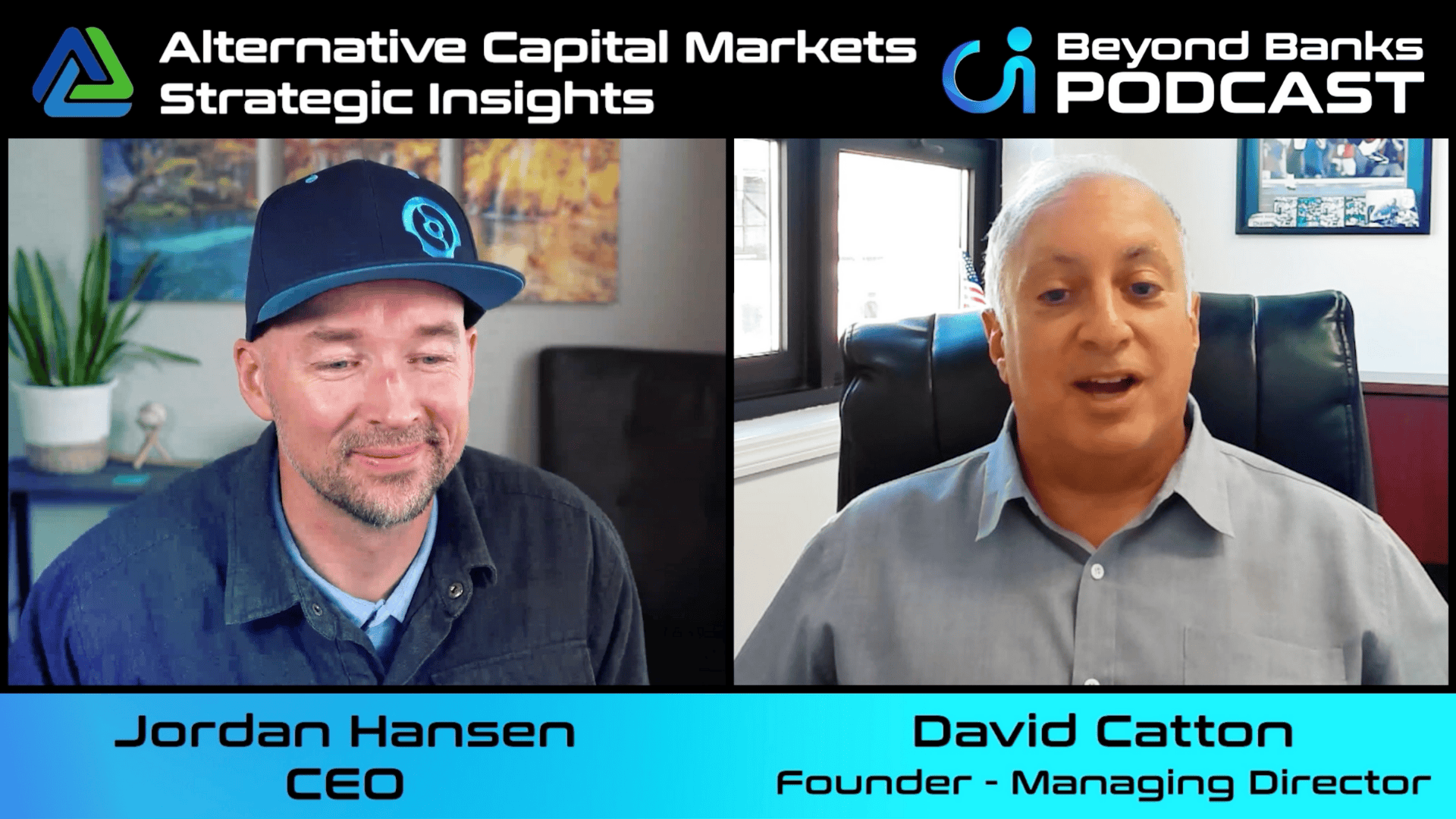
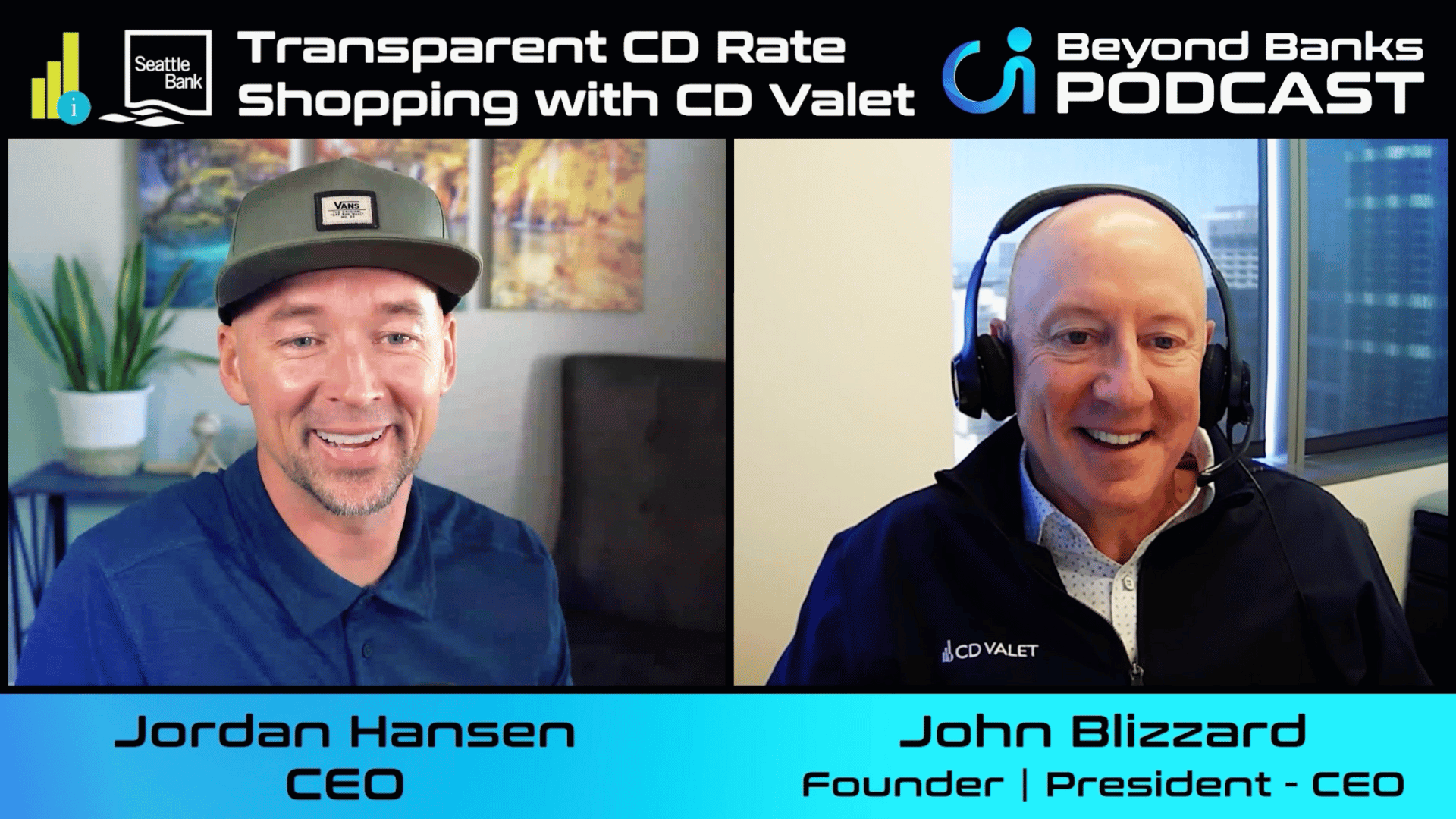


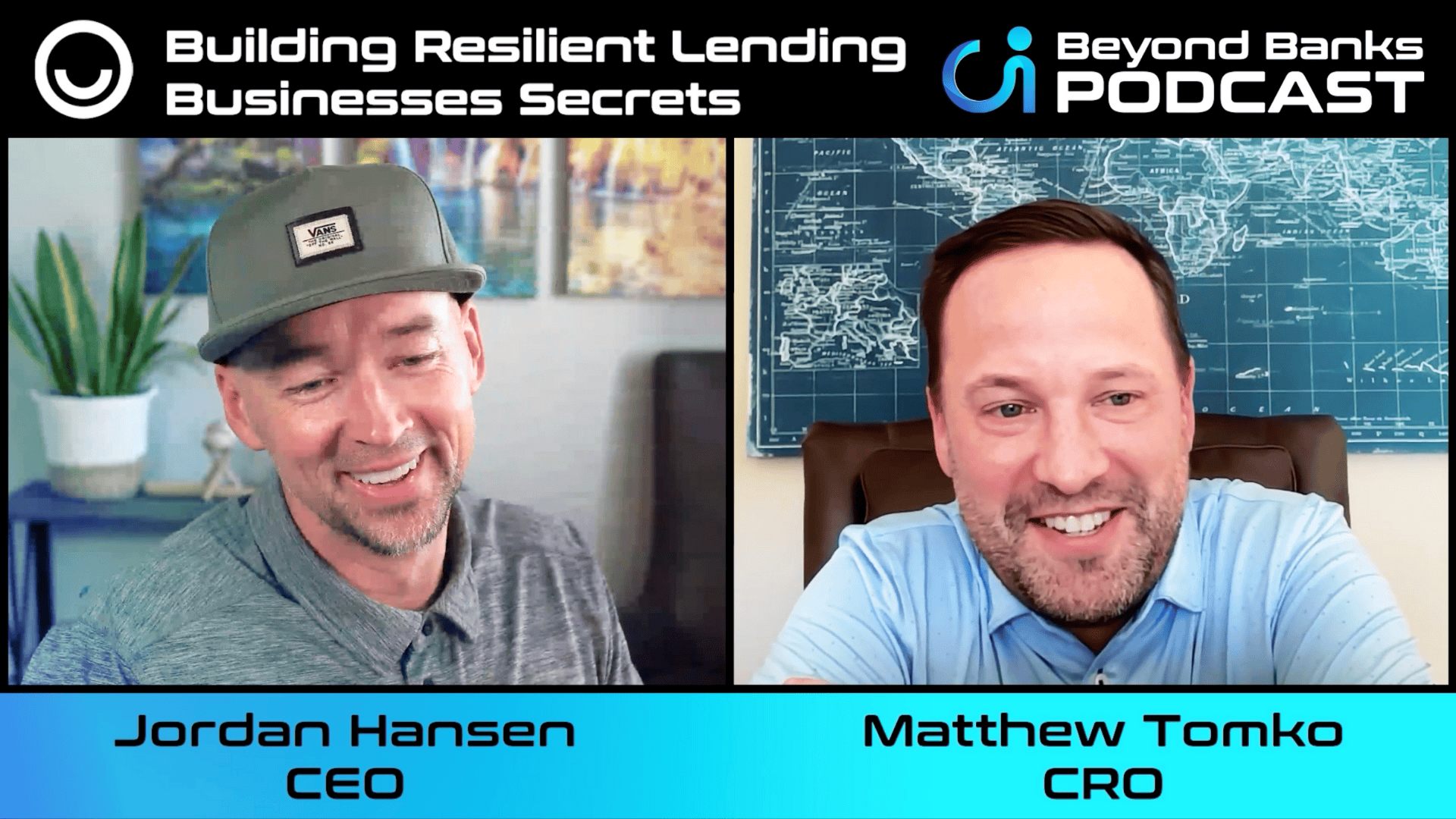

.png)
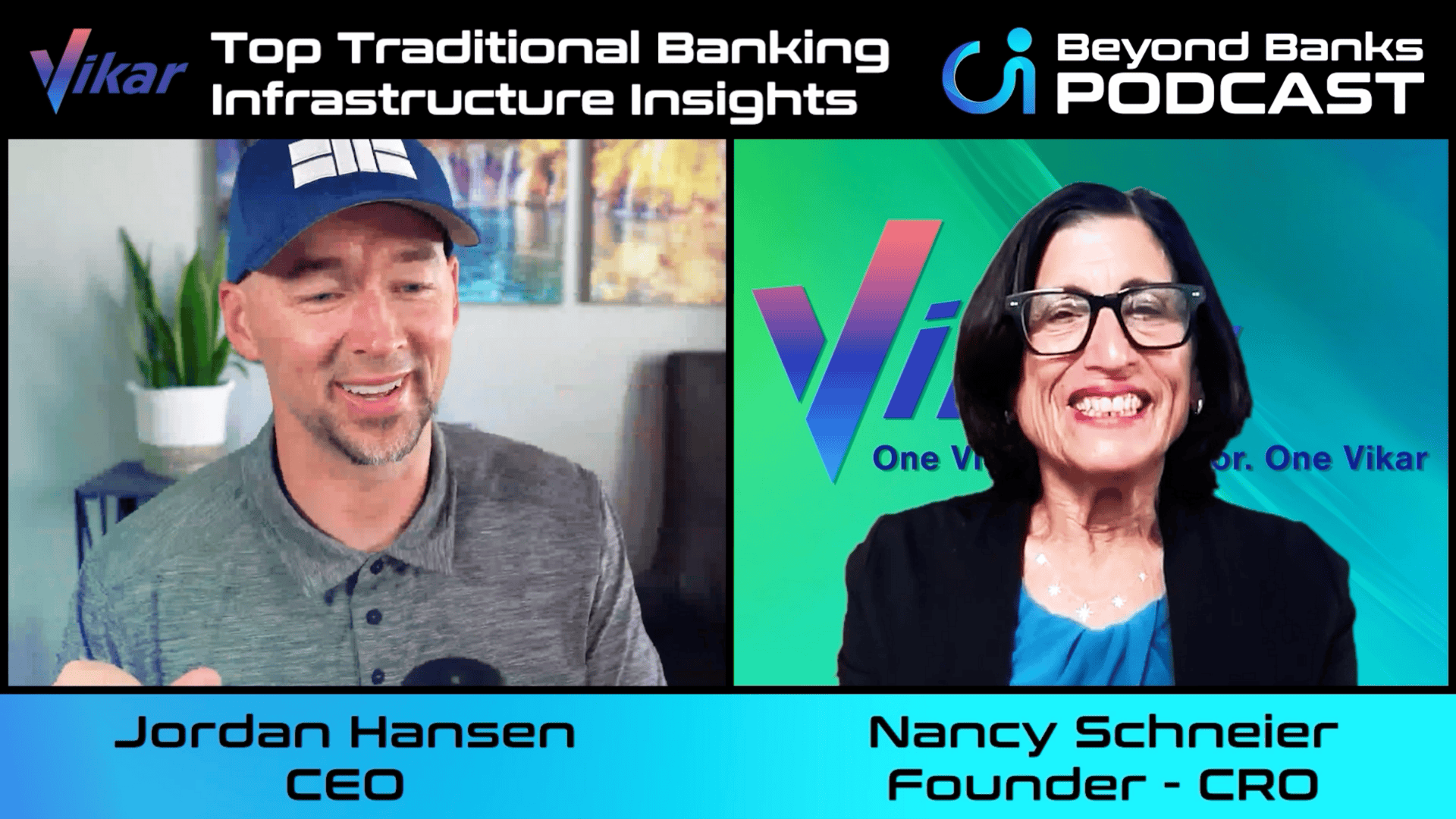
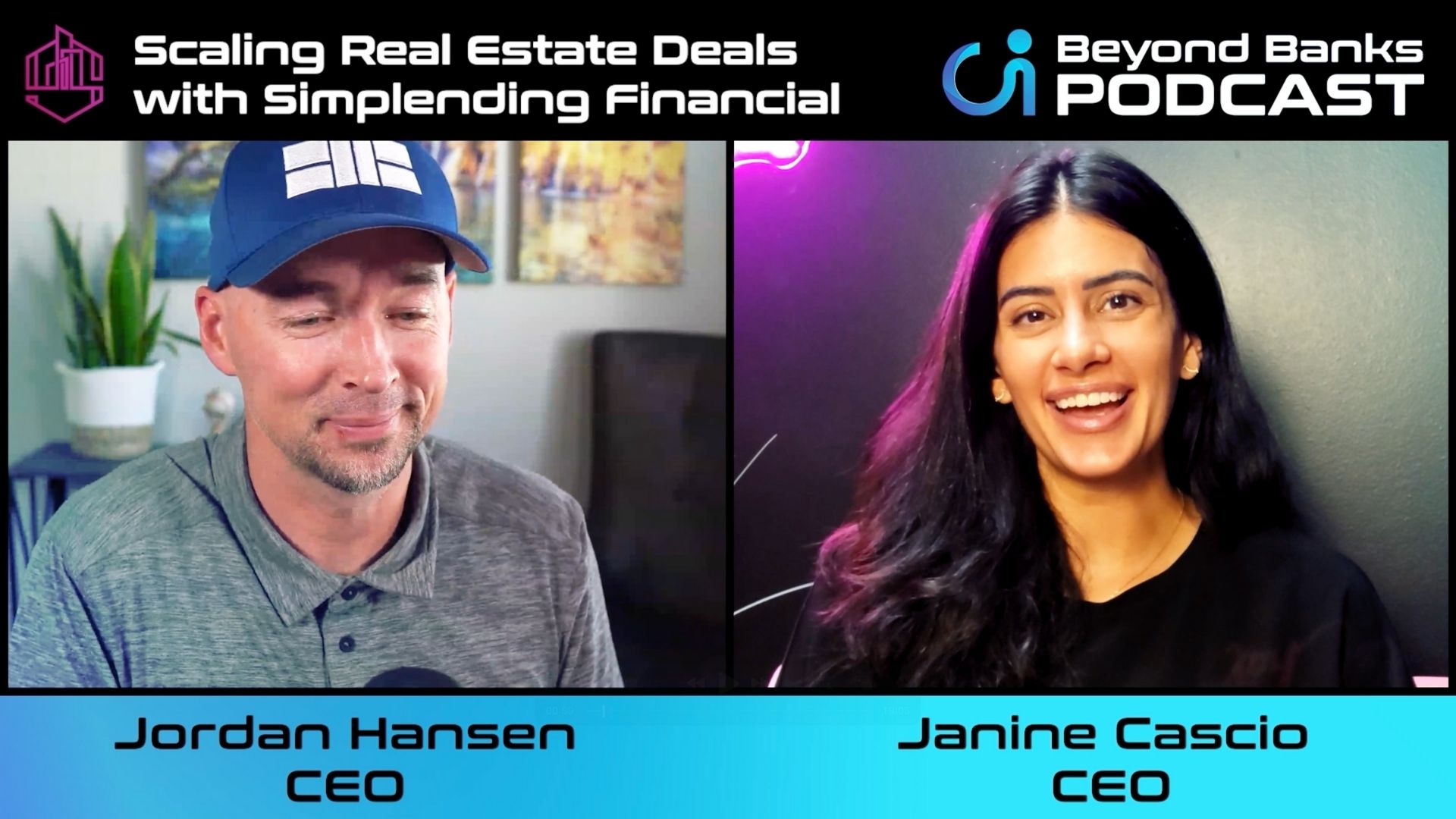
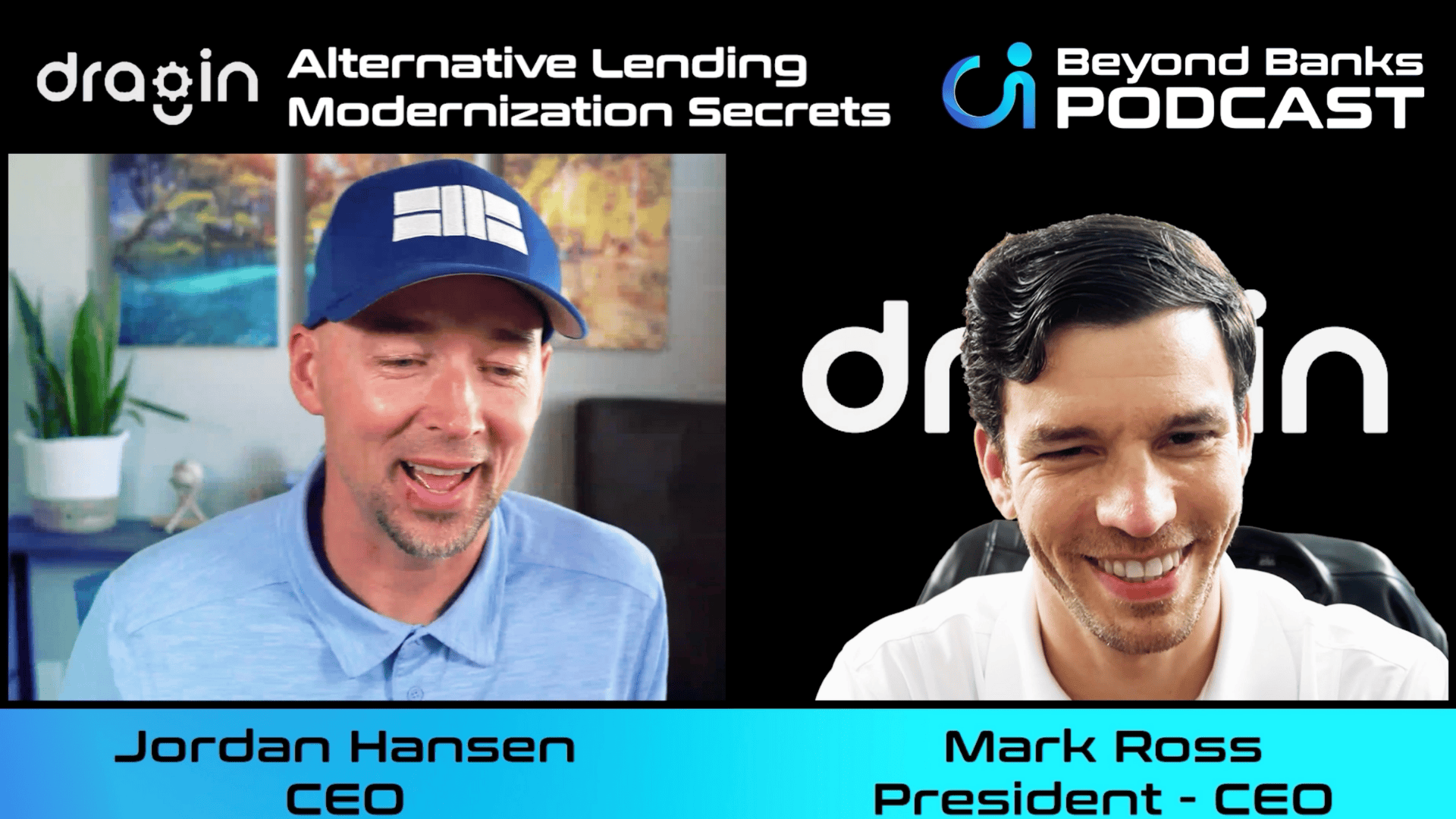
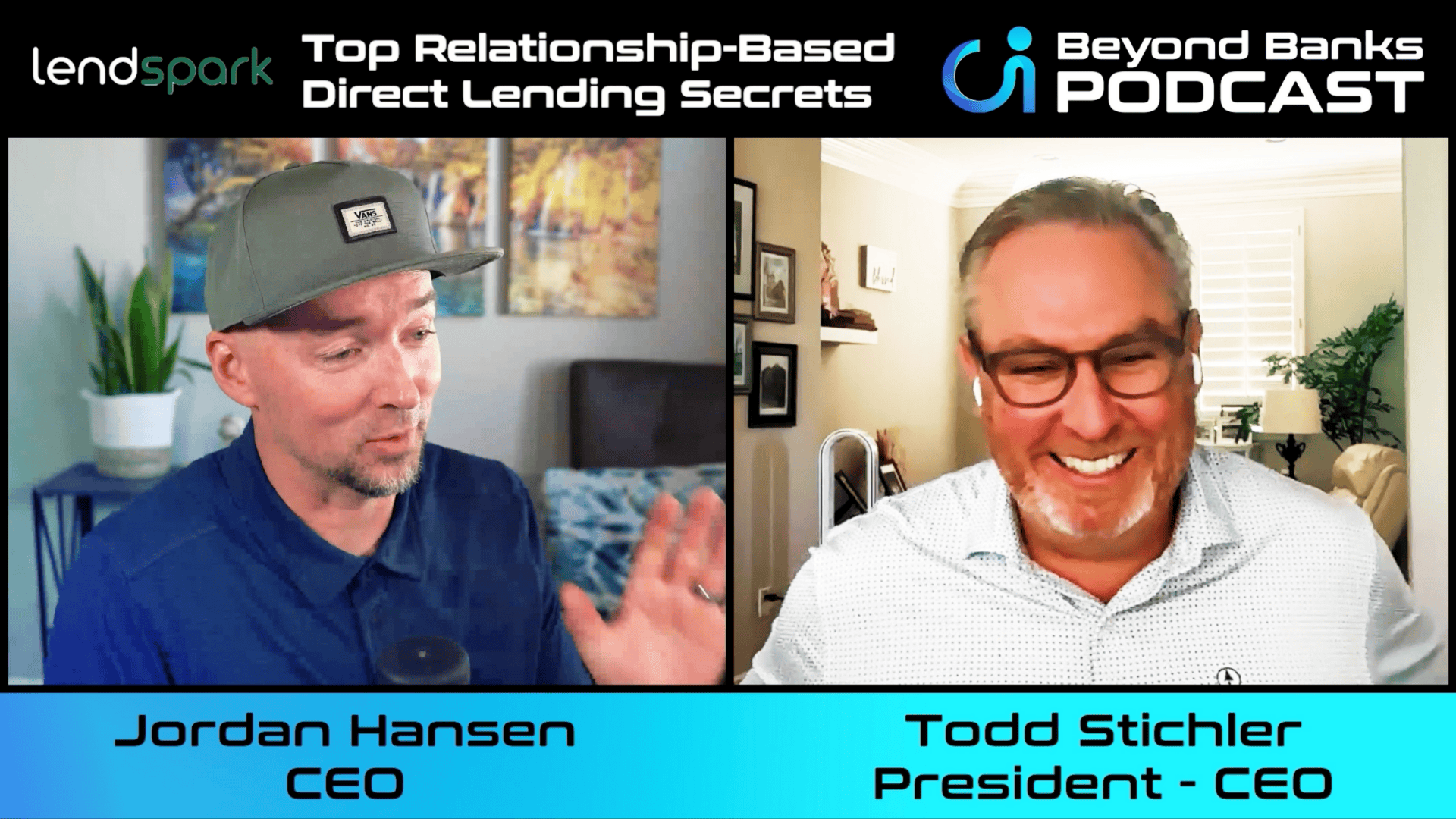
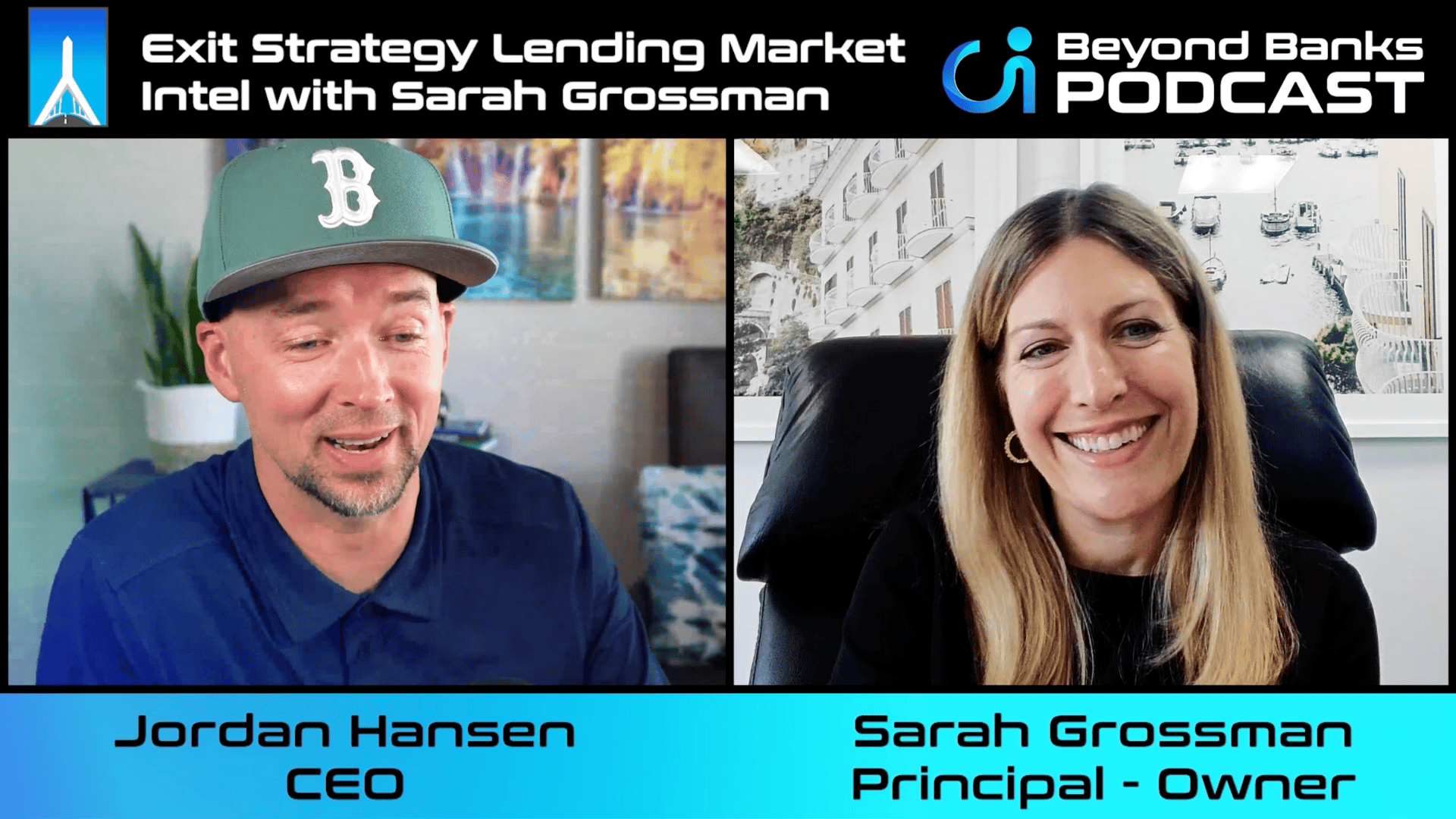
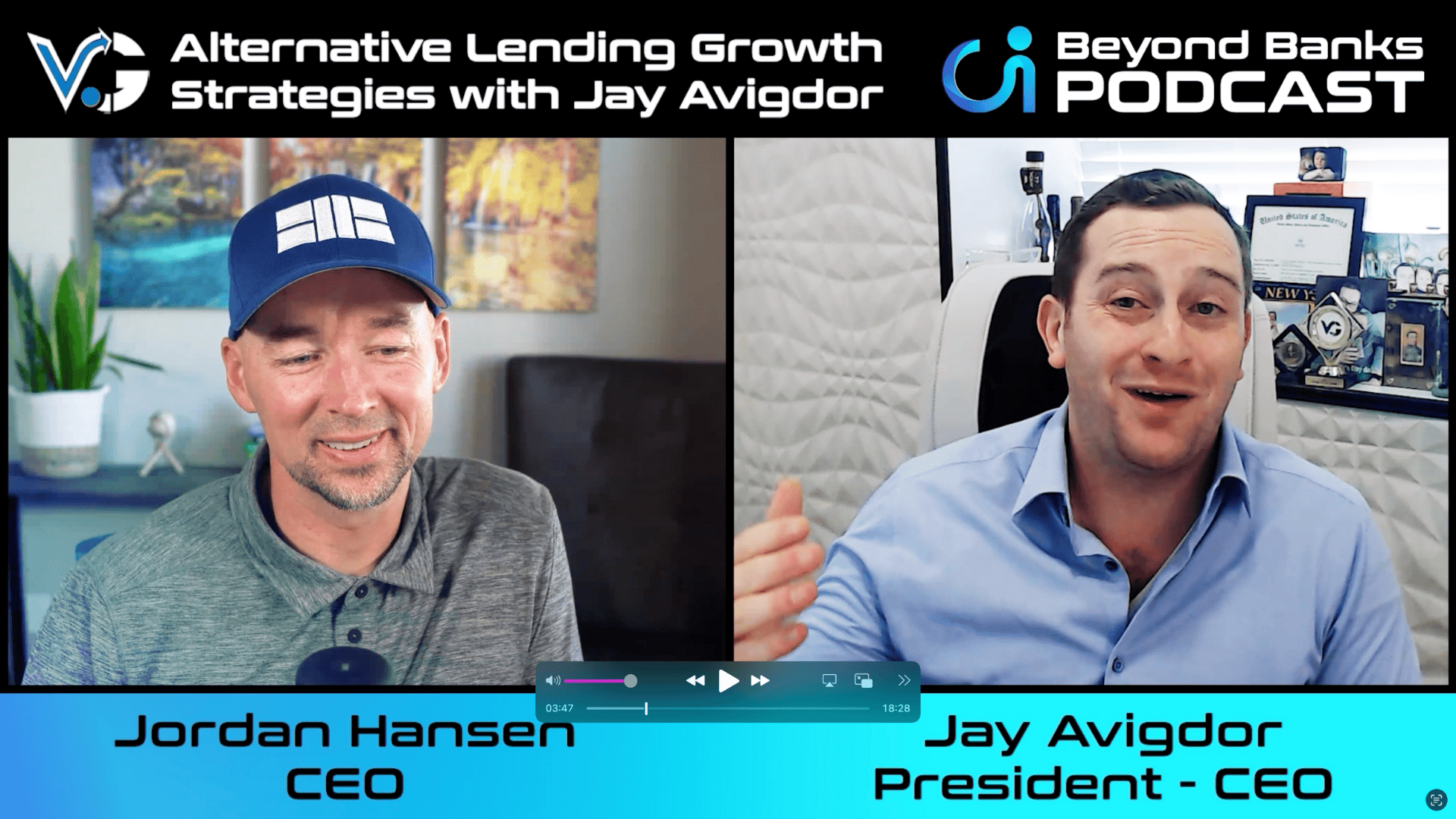
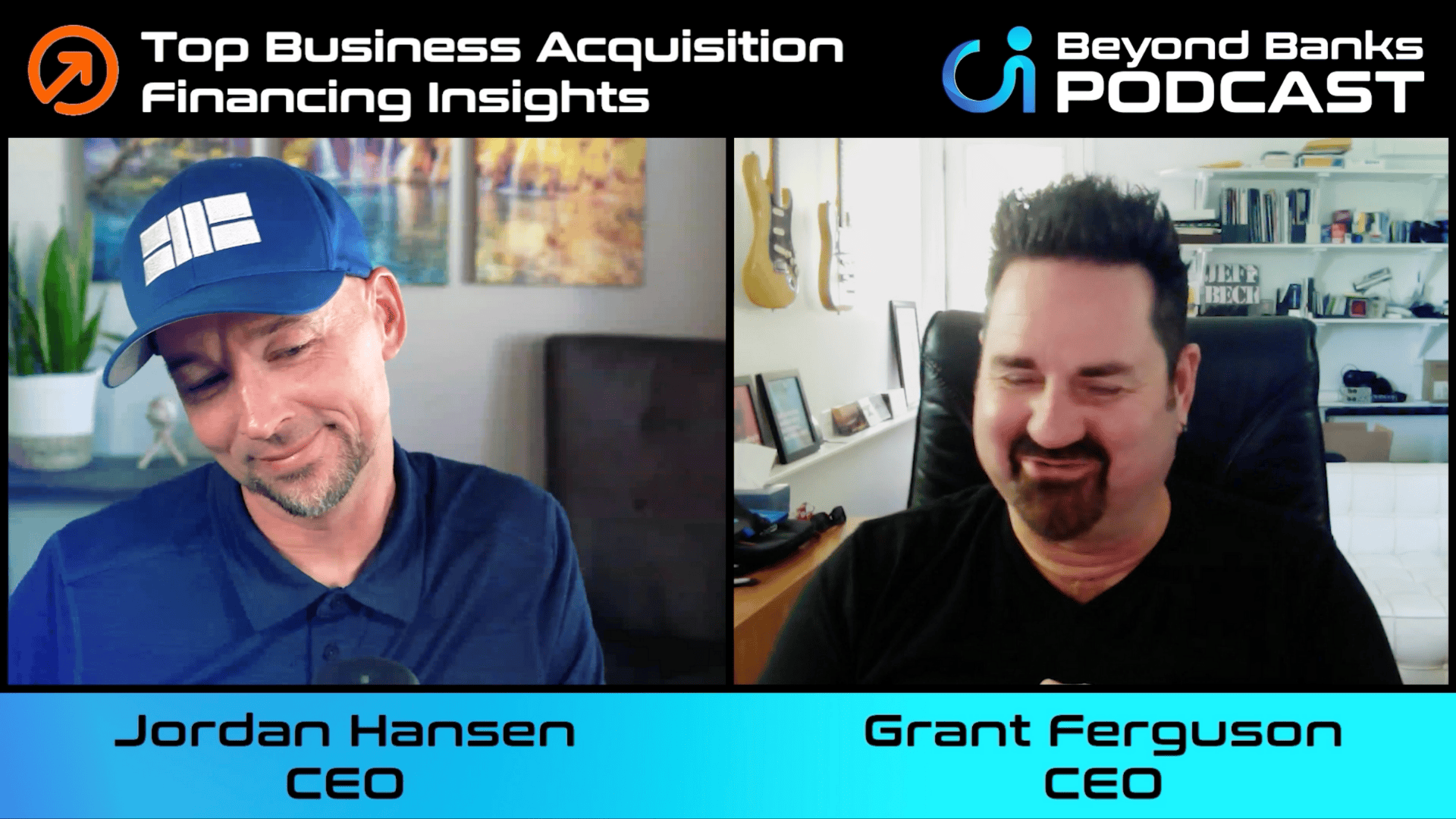
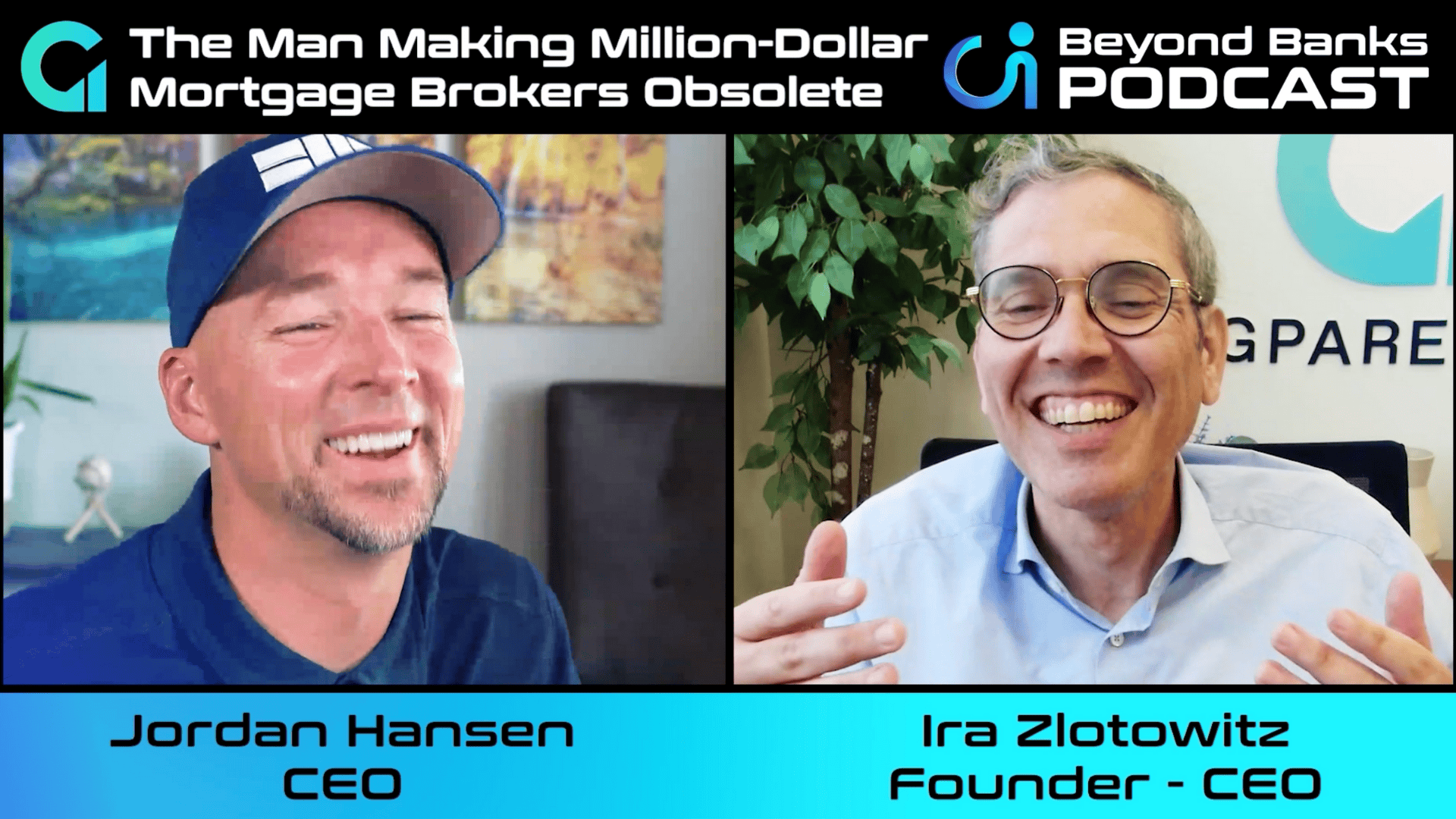
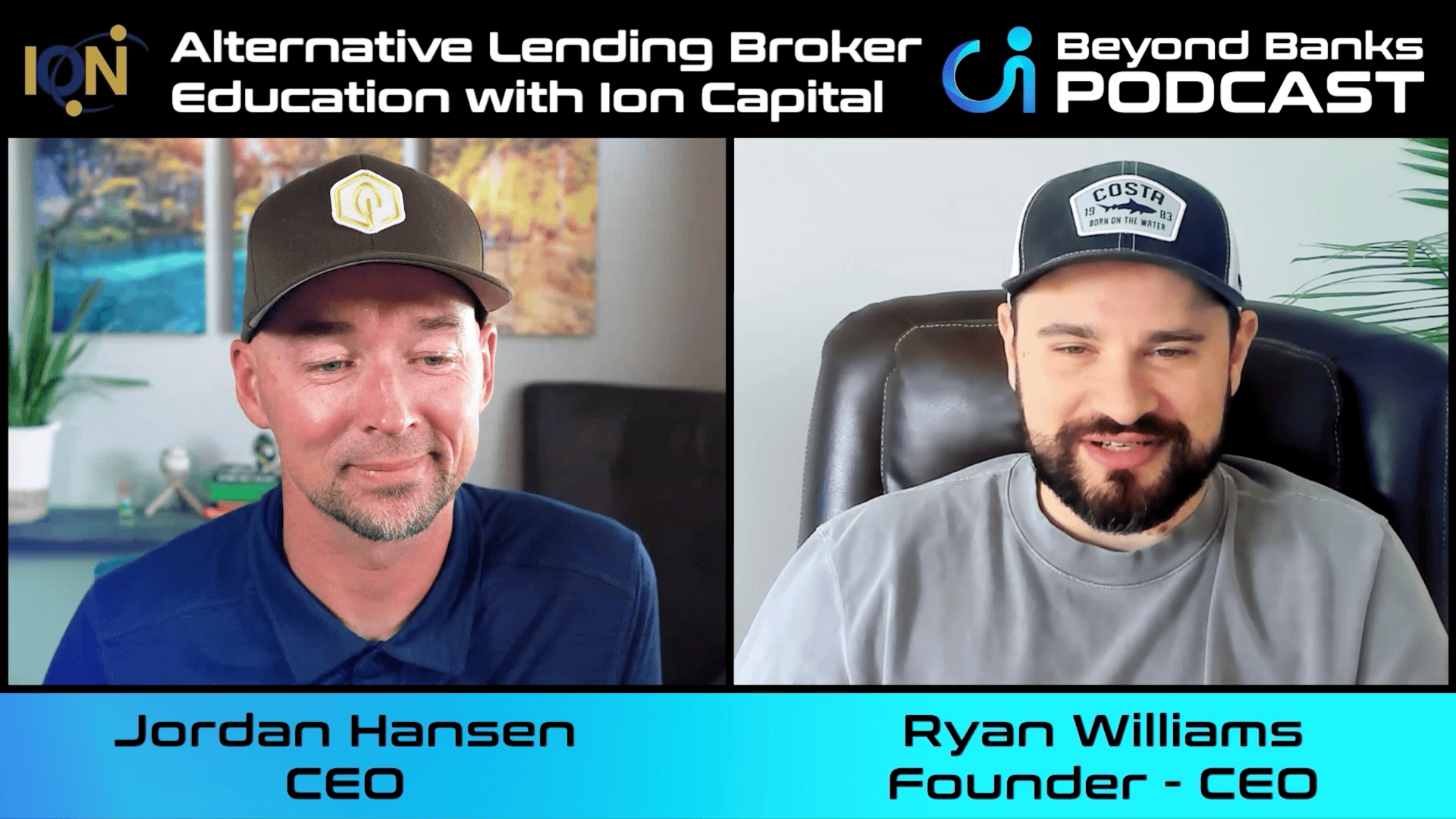
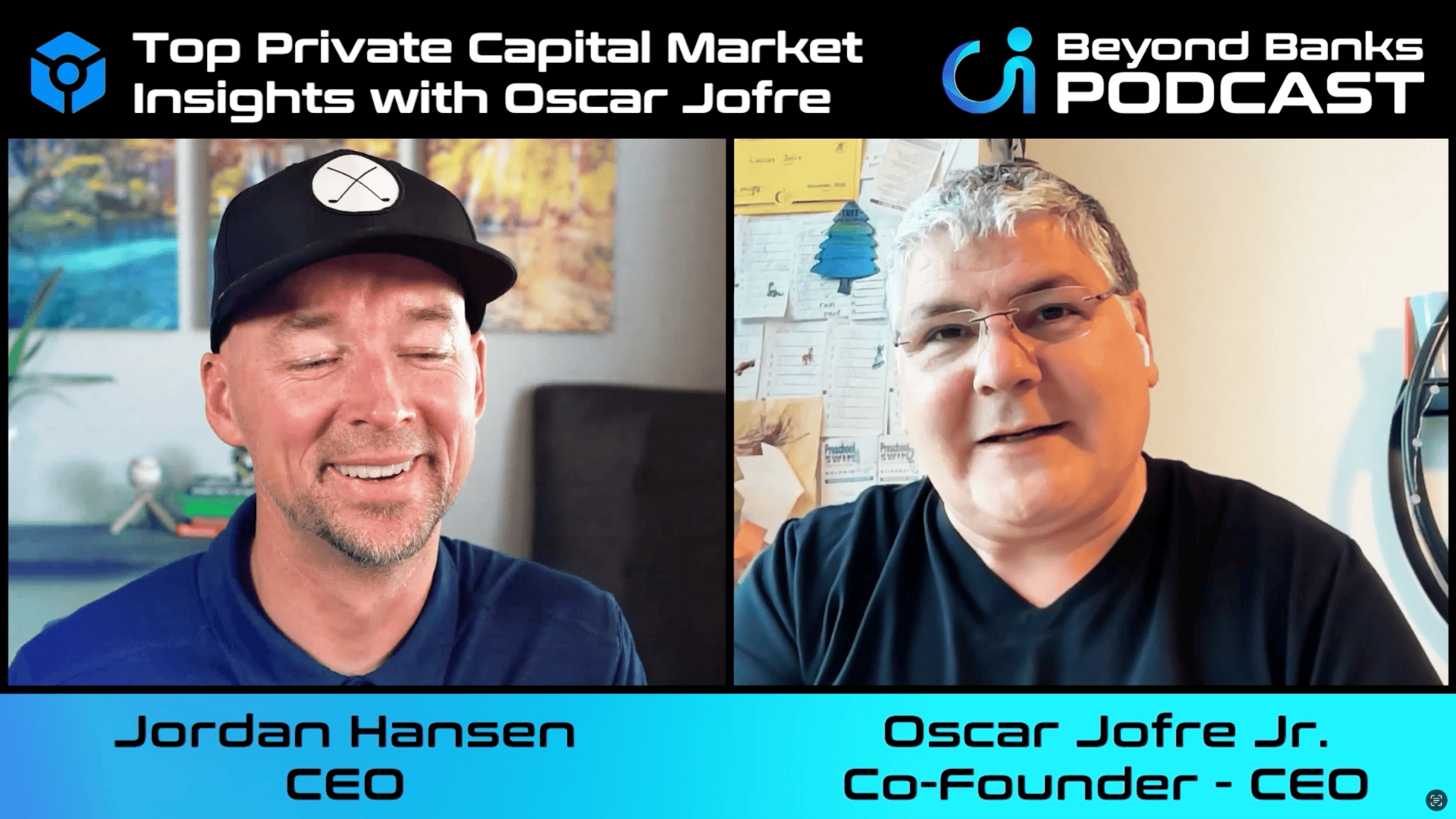

















.png)